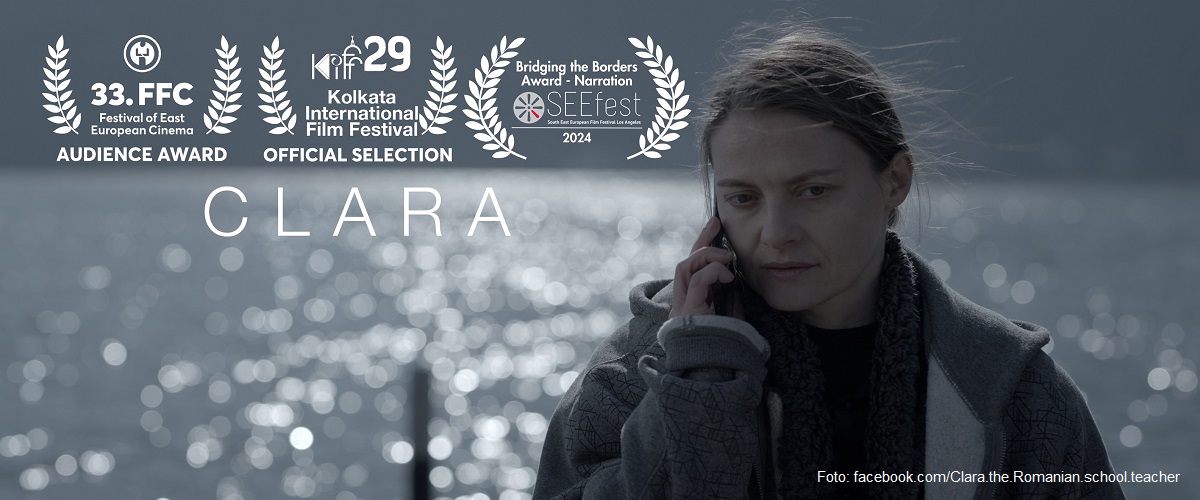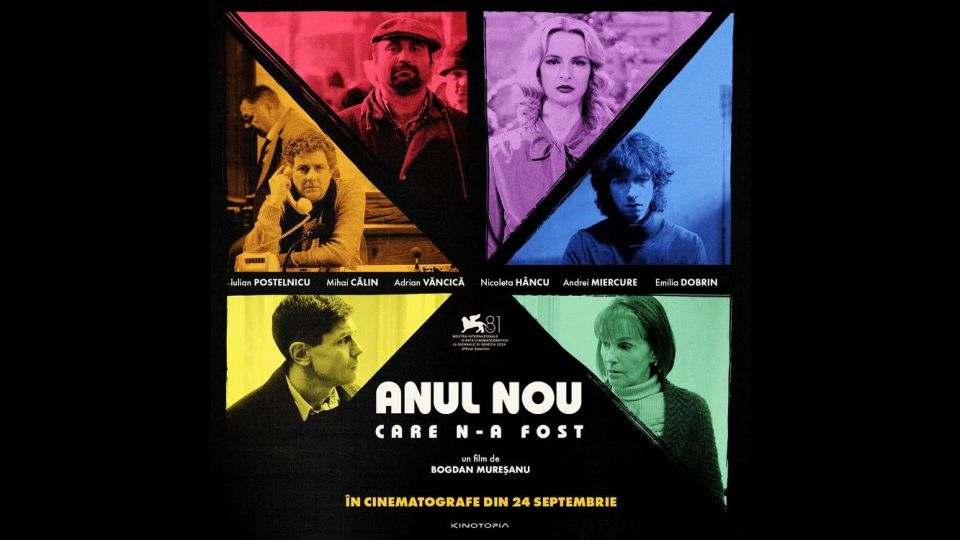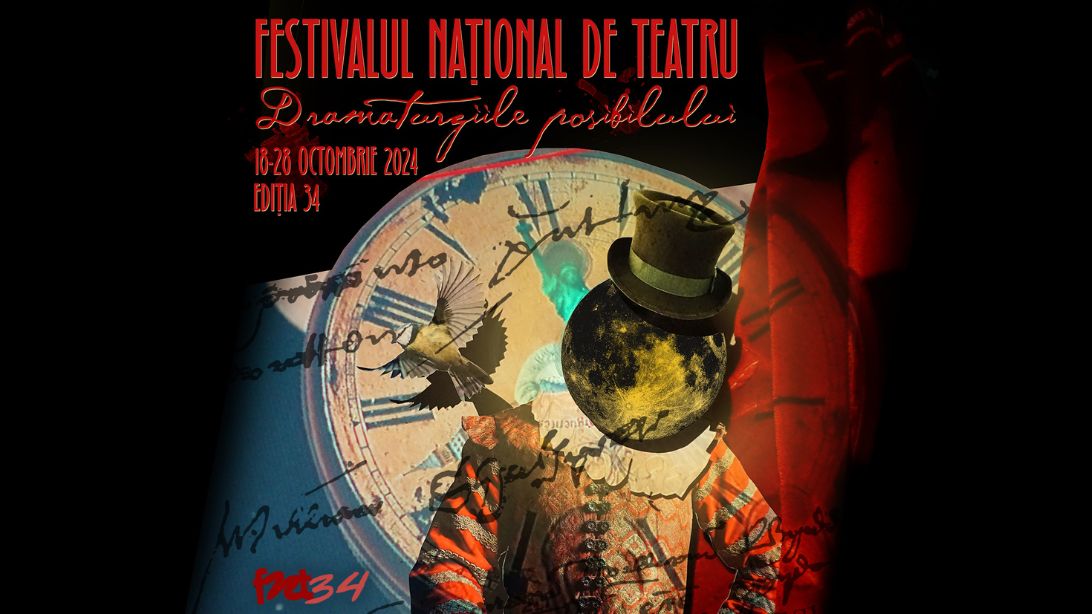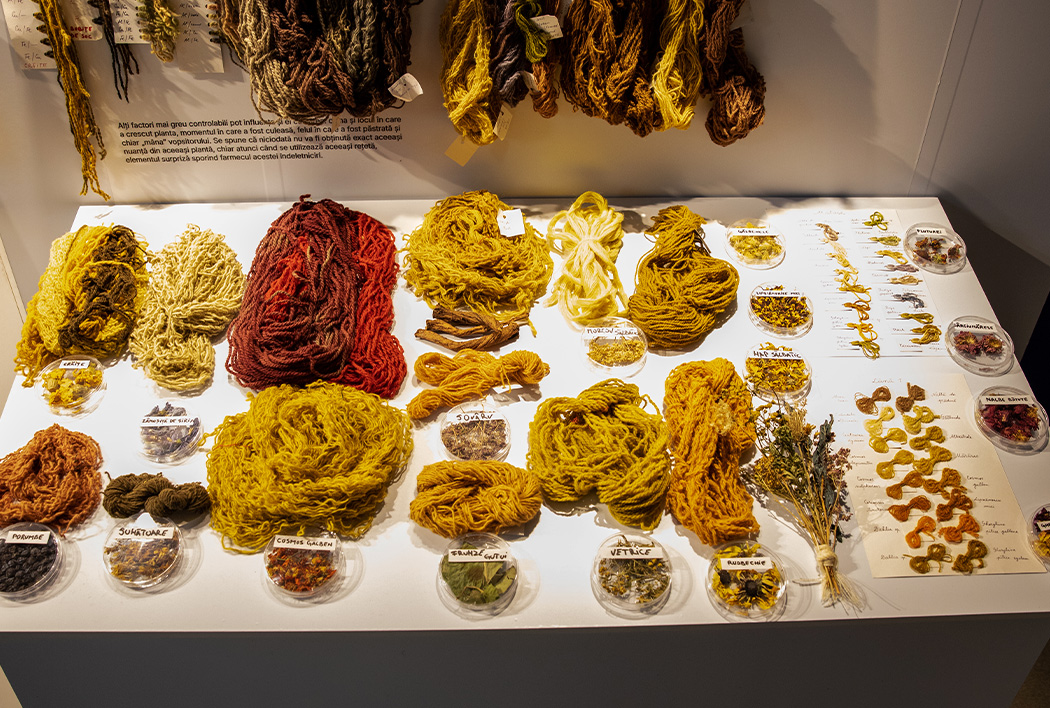Poet Nina Cassian
Renee Annie Cassian was born on 27th November 1924 in Galati in a Jewish family.Her first literary attempts were encouraged by two of the most important Romanian poets of the day, Tudor Arghezi and Ion Barbu.

România Internațional, 23.08.2014, 13:23
Renee Annie Cassian was born on 27th November 1924 in Galati in a Jewish family. She studied in Brasov and Bucharest, and at 16 joined the Communist Youth organisation. Her first literary attempts were encouraged by two of the most important Romanian poets of the day, Tudor Arghezi and Ion Barbu, who noted her undeniable talent.
As critic Alexandru Steafanescu pointed out, while Cassian felt a certain attraction for the communist movement, the “comrades” disliked her, finding her “arrogant and domineering.” After writing proletarian poetry for a spell, she reverted to authentic poetry with a string of children’s books in the 1950s, 1960s and 1970s. In 1985 she went to the US as a guest lecturer with a Soros scholarship to hold a course in New York. There, she found out that her friend, dissident Gheorghe Rusu, was arrested and killed in prison.
That is when she decided not to return to her home country. In retaliation, her apartment in Romania was seized by the state, her books were banned and pulled from libraries, a situation that only ended with the fall of the Ceausescu regime in 1989. Her poems were published in the US in magazines such as The New Yorker, Atlantic Monthly, New England Review, and American Poetry Review. A large part of Nina Cassian’s poetry was translated into English, Italian and French. Nina Cassian herself translated works by many poets, such as Mayakovski, Bertold Brecht, Moliere and even Shakespeare. Ten years after she settled in New York, Nina Cassian said in an interview:
Nina Cassian: “At first I didn’t do anything, I was utterly incapable of action, I was immune, numbed by too many fundamental losses. I even became friendly with the idea of death. I may appear as a triumphant creature, but upon closer inspection, I am but a sad morsel of flesh, or, as Mallarme put it, ‘Flesh mourns, alas, and I have read all books’. This is essentially and metaphorically what I am. The impact I had on the English and American public was a surprise and a revelation for me. Because I was coming with my words from another land, not just another language, but from a totally different psychological and mental configuration, I was amazed that the public was so receptive, and I so persuasive. The result is that it has been love at first sight.”
Critic Alex Stefanescu described Nina Cassian as, having quote: “a caustic sense of irony, explained on the one hand by her sharp, typically feminine spirit of observation, and on the other by the intellectual awareness which will later become not just her characteristic feature as a poet, but a topic of meditation, a cause she upheld ardently, a profession of faith.” Here is what Nina Cassian herself said:
Nina Cassian: ”Like any poet, I am full of doubts. If I don’t write for few months, I tell myself that all my poetry has been a figment of my imagination, that I only had the impression of writing poems, when in fact I am not a poet at all. I start thinking that I only have a certain craft and inertia in that craft, and that this is all there is to it. But this doubt is not entirely bad. Doubt is creative, on condition it does not dominate and overwhelm you completely.”
On 21st March 2014, Nina Cassian was celebrated in Venice, on World Poetry Day, with the publication in Italian of the first anthology of her poetry. On that occasion, the Romanian Cultural Institute screened an interview with Nina Cassian extracted from the documentary “We, Romanians in the World” made in 2010 by Maria Stefanache. Believed to be one of the greatest figures in Romanian literature, Nina Cassian is appreciated by many famous writers. As she said in a recent interview, “I have loved and been loved. I created incessantly. I enjoyed recognition, but only sometimes, and I was marginalised, more frequently, even today. But all these are a part of the balance of life!”






























